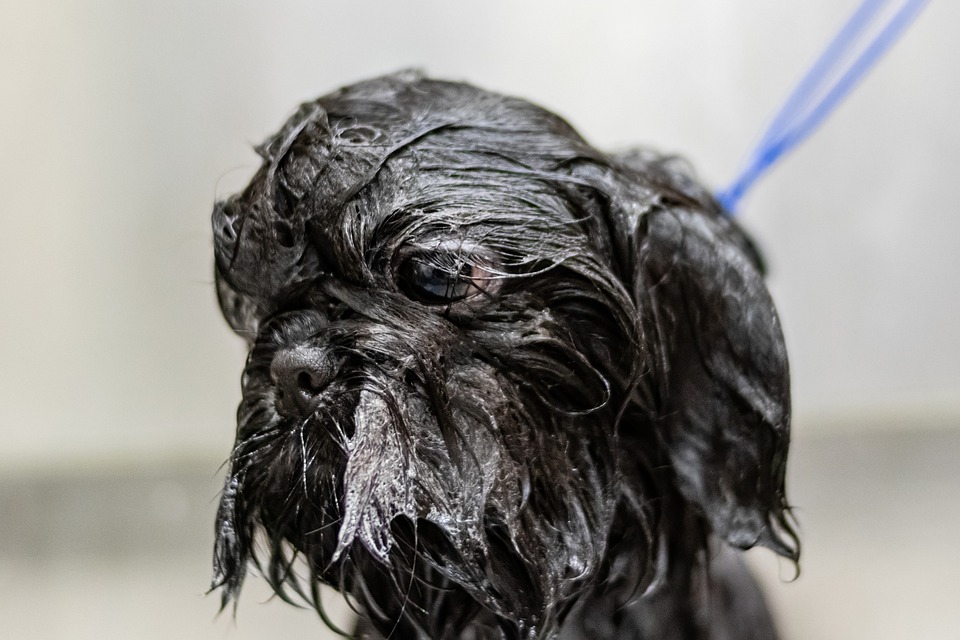
Bringing a new pet into your home is an exciting and rewarding experience. However, being a new pet owner can also feel overwhelming at times, especially when it comes to pet care. Whether you have a dog, cat, bird, rabbit, or any other type of pet, it’s important to be aware of their specific needs and take the necessary steps to ensure they are healthy and happy. To help you navigate this new responsibility, here are 10 must-know pet care tips for new pet owners.
1. Research and understand your pet’s specific needs
Before bringing a new pet into your home, take the time to research and understand their specific needs. This includes their dietary requirements, exercise needs, grooming habits, and any potential health issues that may be common for their breed or species. Understanding your pet’s needs will help you provide the best care for them and build a strong bond.
2. Schedule regular veterinary check-ups
Just like humans, pets need regular medical check-ups to ensure they are healthy. Schedule regular visits to the veterinarian for vaccinations, check-ups, and preventive care. Your vet can also provide advice on nutrition, behavior, and any specific health concerns for your pet.
3. Provide a balanced diet
Feeding your pet a balanced and nutritious diet is crucial for their health and well-being. Different pets have different dietary needs, so it’s important to choose the right type of food for your pet. Consult with your veterinarian to determine the best diet for your pet and monitor their weight and overall health.
4. Keep your pet’s environment clean
Maintaining a clean environment for your pet is essential to prevent the spread of diseases and parasites. Regularly clean and disinfect your pet’s living area, including their bedding, litter box, or cage. Also, ensure that your pet has access to clean water at all times.
5. Exercise and mental stimulation
Pets, just like humans, need regular exercise and mental stimulation to stay healthy and happy. Depending on the type of pet you have, this could include playing, walking, or engaging in stimulating activities. Providing regular exercise and mental stimulation can prevent behavioral issues and keep your pet entertained.
6. Grooming
Grooming is an important aspect of pet care that varies depending on the type of pet you have. This can include brushing your pet’s fur, trimming their nails, cleaning their ears, and bathing them regularly. Maintaining proper grooming habits will not only keep your pet looking and feeling their best but also prevent health issues.
7. Training and socialization
Training and socialization are crucial for pets to be well-behaved and adaptable. Start training your pet as soon as you bring them home, and expose them to different people, animals, and environments to help them become well-adjusted and confident.
8. Identify and prevent potential hazards
Pets can be curious and may get into things that are harmful to them. To prevent accidents or health issues, make sure to pet-proof your home and eliminate any potential hazards. This can include securing toxic substances, keeping small objects out of reach, and supervising your pet in certain areas of your home.
9. Invest in proper identification
In case your pet gets lost, proper identification is crucial for their safe return. Make sure your pet has a collar with an ID tag and consider microchipping them for extra security.
10. Give your pet plenty of love and attention
Lastly, but most importantly, give your pet lots of love and attention. Building a strong bond with your pet is essential for their happiness and well-being. Spend quality time with your pet, show them affection, and provide them with a loving and nurturing environment.
Taking care of a pet is a big responsibility, but as a new pet owner, these tips will help you provide the best care for your furry or feathered friend. With a little bit of research, patience, and love, you’ll be well on your way to being a responsible and compassionate pet owner.